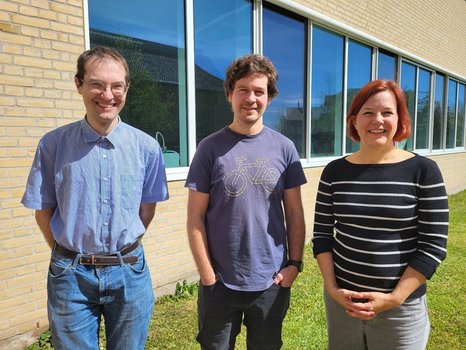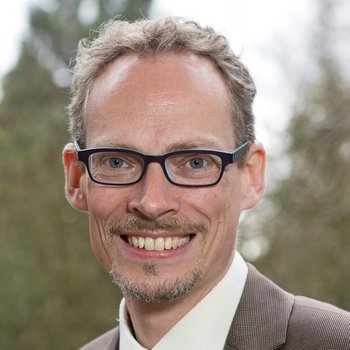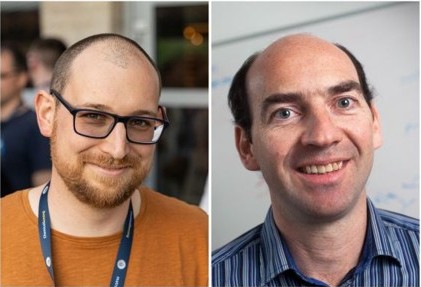iNANO Researchers receive prestigious Grants from Independent Research Fund Denmark
Two researchers from the Interdisciplinary Nanoscience Center (iNANO) at Aarhus University are among the 52 recipients of the prestigious DFF-Research Project2 grants awarded by the Independent Research Fund Denmark (DFF).
This year, DFF received 566 applications and selected just 52 projects for funding—an approval rate of only 9.2%. The DFF-Research Project2 grants are aimed at experienced researchers who demonstrate high international research standards and the potential to lead collaborative, cutting-edge research.
Read about the two projects below.
Biomimetic Neural Network-Like Materials with Adaptive Learning (BIONIMAL)


Inspired by how the brain learns and adapts, the BIONIMAL project explores the next frontier in soft materials by developing synthetic systems that can learn and make decisions. The research aims to create neural network-like materials that respond dynamically to their surroundings, mimicking brain-like adaptability.
The interdisciplinary project is led by Brigitte Maria Städler from the Interdisciplinary Nanoscience Center (iNANO), Aarhus University, and includes Julián Valero Moreno from iNANO, Aarhus University, Christian Pascal Hirsch from the Department of Mathematics, Aarhus University, and Jan Lagerwall from the Department of Physics and Materials Science, University of Luxembourg.
HOT-SPOT – Sub-surface N2O detection in time and space using 2D Surface Enhanced Raman Spectroscopy

The second funded project, HOT-SPOT, is led by Klaus Koren from the Department of Biology, Aarhus University, and together with Duncan from iNANO and Leibniz-Institut für Photonische Technologien, the team will target one of agriculture’s most potent and elusive greenhouse gases: nitrous oxide (N₂O).
While surface-level N₂O emissions are measurable, little is known about their production and movement beneath the soil. HOT-SPOT aims to close that knowledge gap by developing a novel method based on Surface Enhanced Raman Spectroscopy (SERS)—a technique that enhances the Raman signal of N₂O using specially designed plasmonic nanostructures. This innovative approach will allow researchers to create high-resolution, two-dimensional images of N₂O around fertilizers, soil particles, and plant root zones.
Congratulations to all the grant recipients!
Contact
Professor Brigitte Städler
Aarhus University
Interdisciplinary Nanoscience Center
Email: bstadler@inano.au.dk
Professor Duncan Sutherland
Aarhus Univeristy
Interdisciplinary Nanoscience Center & Department of Physics and Astrology
Email: duncan@inano.au.dk